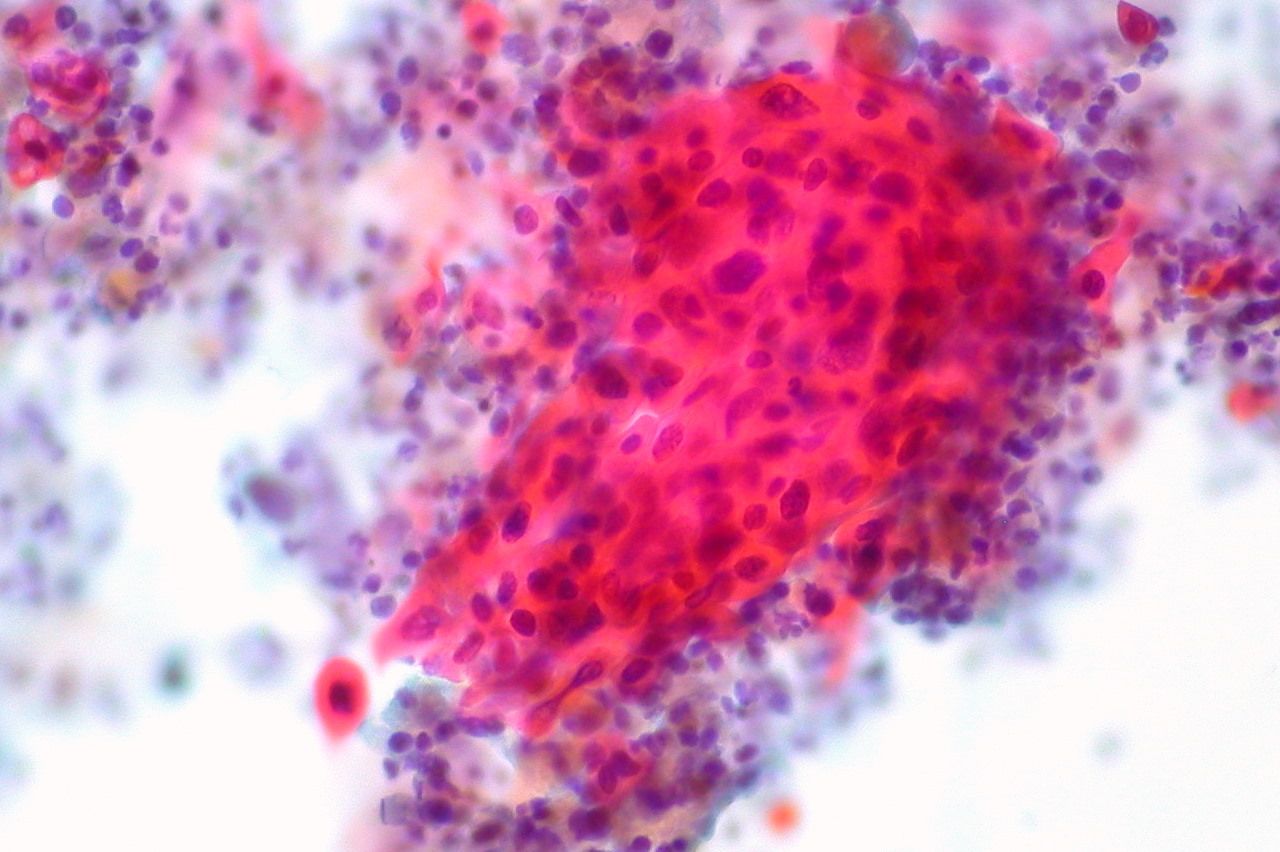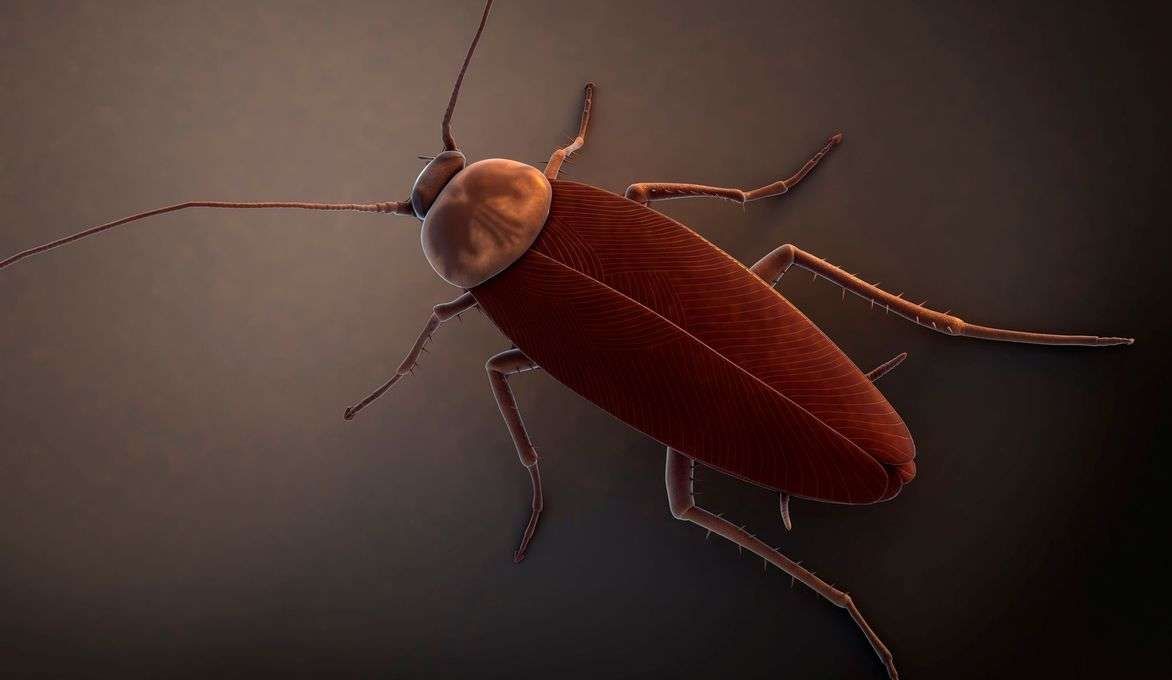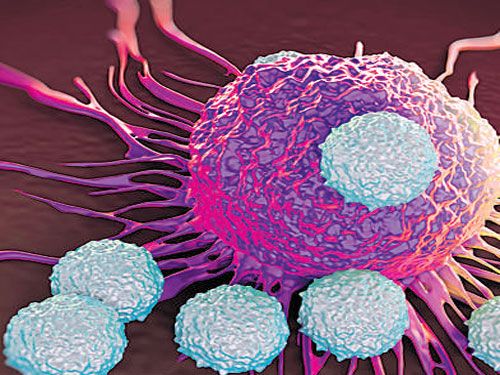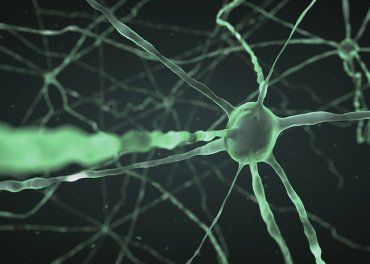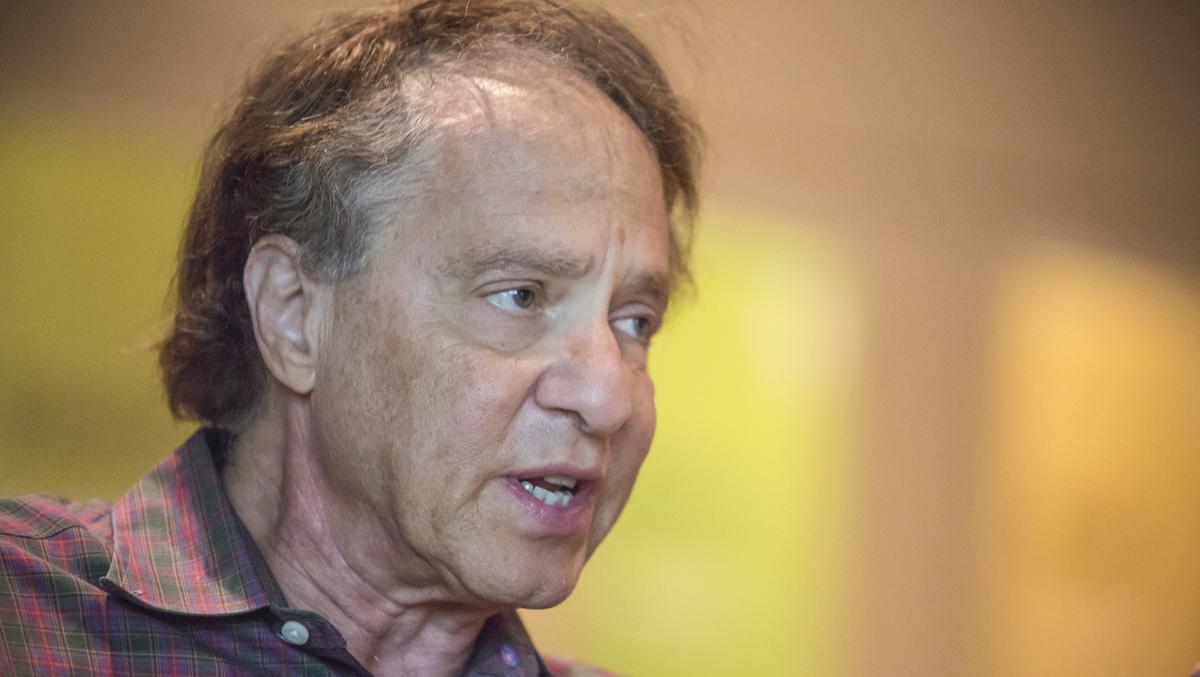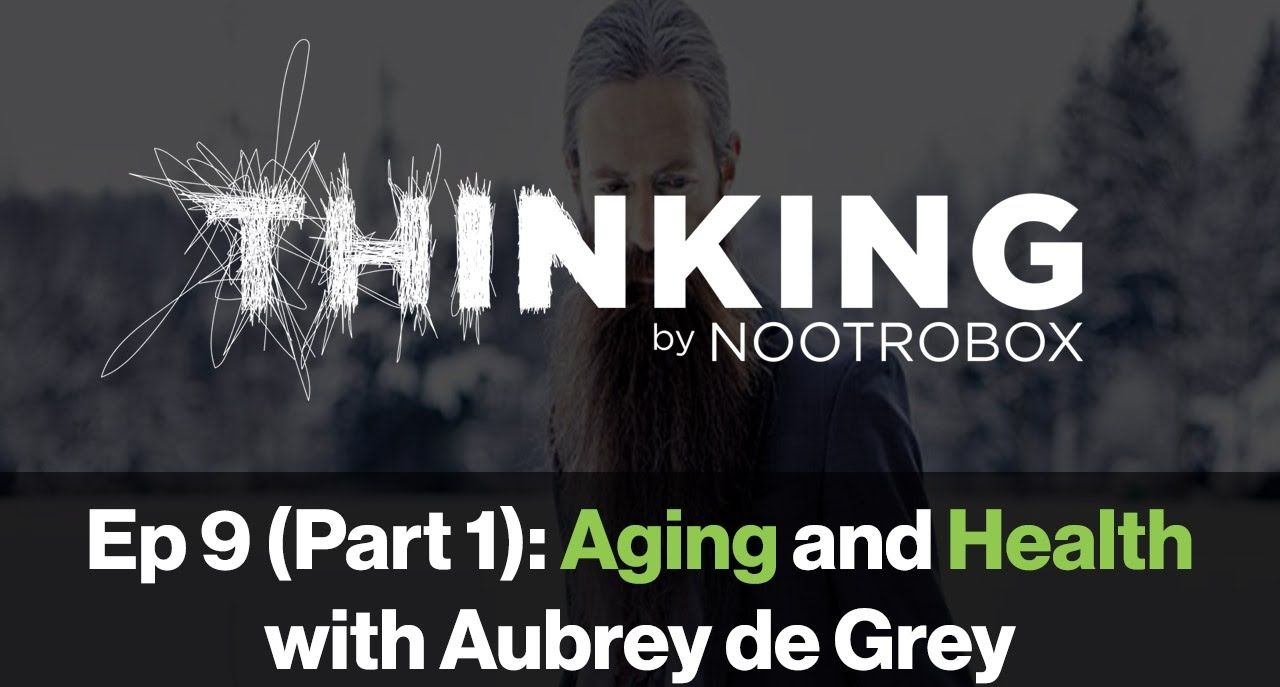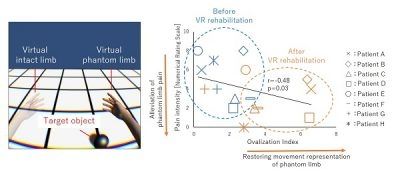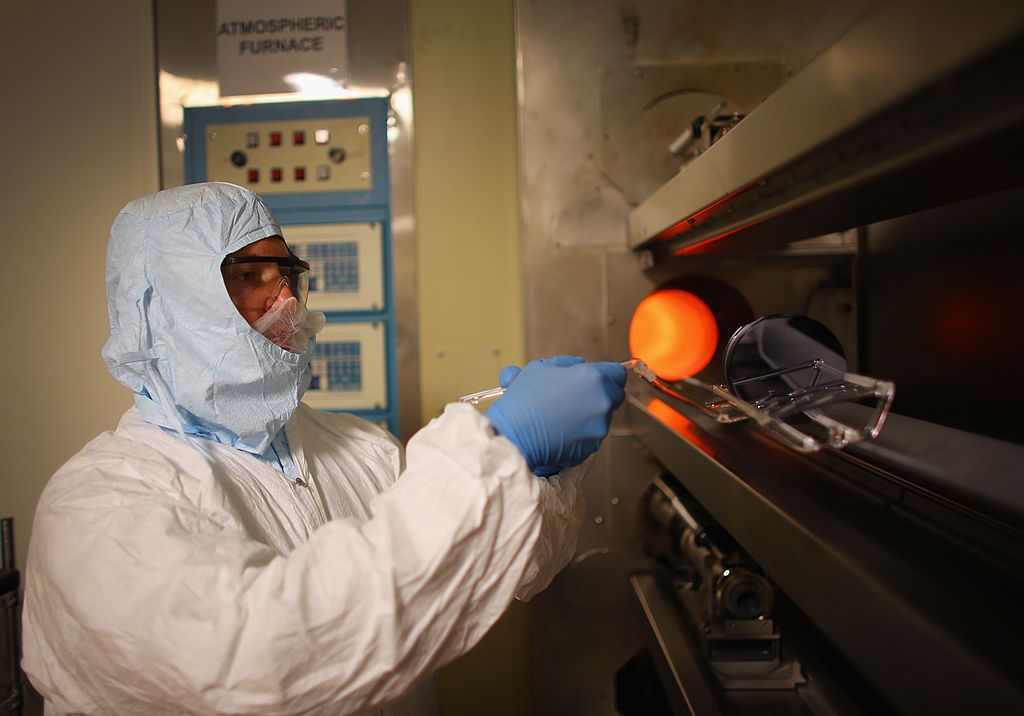A new UC San Francisco study challenges the most influential textbook explanation of how the mammalian brain detects when the body is becoming too warm, and how it then orchestrates the myriad responses that animals, including humans, use to lower their temperature—from “automatic” physiological processes such as sweating and panting, to complex behaviors, such as moving to cooler environs. These responses are vital to health, as the metabolic processes that keep us alive have evolved to operate within a narrow temperature range.
Experiments on these questions dating back 80 years, using rats and mice, have repeatedly pointed to a tiny brain region known as the preoptic hypothalamus (POA) as the site that detects the body’s warmth. But because this compact area governs functions as diverse as sleep, mating, parental behaviors, eating, and drinking, it has been difficult to precisely pinpoint which cells and circuits are dedicated to detecting and responding to warmth.
“We know a lot about how body temperature is regulated in peripheral tissues, and a bit about the key regulatory brain regions, but the identity of the neurons that act as the master regulators of body temperature has been elusive,” said UCSF’s Zachary Knight, PhD, assistant professor of physiology and senior author on the new UCSF study, which appears in the September 8, 2016 online issue of Cell.
Read more
